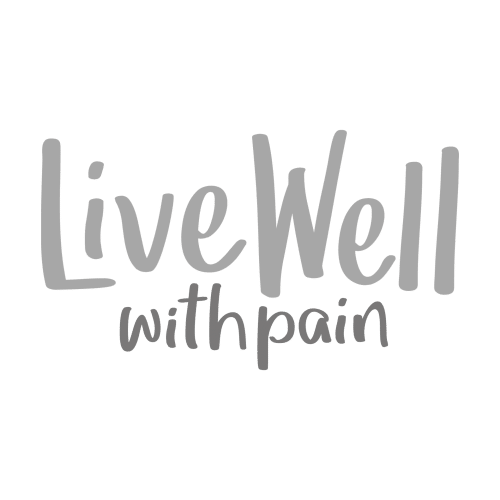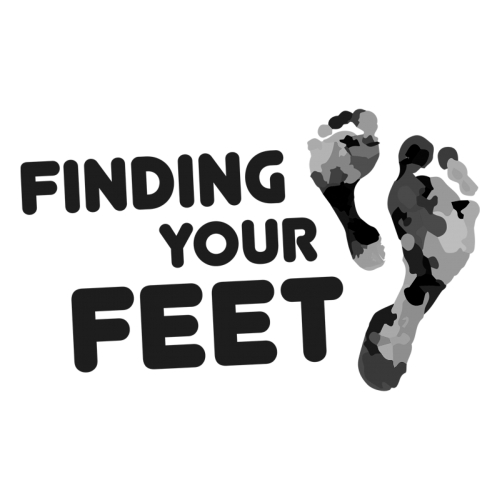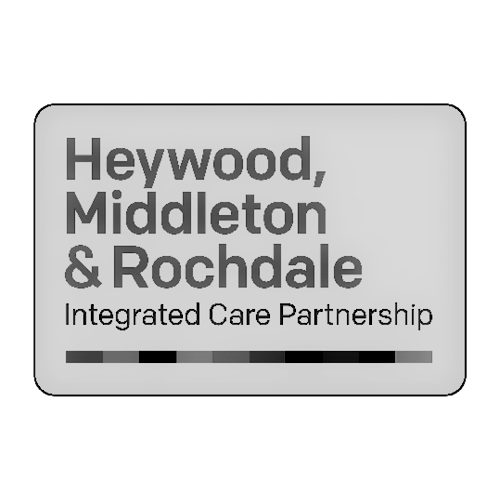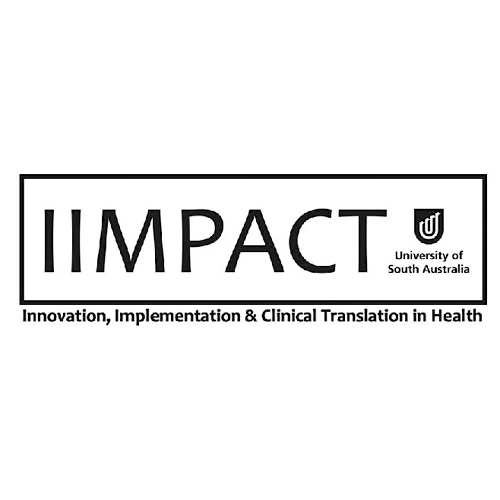Fen, a Flippin’ Pain Lived Experience Advocate, has been to find out…
I had the great privilege to attend the Peak Health Coaching National Conference on Personalised Care at Sheffield Hallam University last month, and was delighted to hear about all the great initiatives led by healthcare professionals that are actively helping people improve their well-being and quality of life.
Throughout the various seminars and interactive workshops, there was a lot of positive discussion around person-centred healthcare, including shared decision making, offering better choice, and “meeting people where they are” – essential elements that genuinely assist patients and their health carers to understand and self-manage their health conditions.
As I was unsure about Health Coaching, and also how someone with persistent pain might access personalised care, I asked one of Flippin’ Pain’s good friends, Dr Ollie Hart of Peak Health Coaching, who facilitated the conference, what Health Coaching means:
“For me, health coaching is about building individuals capabilities; you’re helping that person and perhaps their care and their family.
First of all, you listen and understand where someone’s at, their social situation, their own skill set. You know, some people are already incredibly skilled so what you can do as a coach is help them to sort of navigate what’s best for them and form a self-management plan.”
Ollie was very keen to emphasise that the individual remains in the driving seat and makes the decisions, not the coach. For Ollie, every Health Coach should aim to build a strong, dynamic relationship with their client/patient to ensure that coaching sessions are specifically tailored and personalised around each individual’s needs. It’s not about ‘one-size-fits all’ or getting you to join a gym, and only eat lettuce!
I asked Ollie whether Health Coaching is suitable for people living with Persistent Pain, especially as the person in pain is usually the expert through their own lived experience?
“100%, that’s a great starting point, isn’t it? Although of course people have different confidence levels for that, don’t they? Some people feel very overwhelmed and subsumed, and they find it hard to think about their own condition.
So a good health coach will start with a person and help understand their individual situations. You may find someone with an enduring inflammatory condition, they’re never going to get “cured” of their chronic pain necessarily, but there’s workable situations around managing, living with it, coping with things, and getting more physically active is not necessarily going to be the right thing for them.
However, there are other people with a sort of primary chronic pain situation where it is more of a pain processing problem, which we see more and more commonly. Where there actually is optimism about things getting a lot better. Such as in a graded movement, finding that sweet spot, and learning to feel safe to move again is often the key step in helping them to recover.”
Evidently, having a health coach is going to be really helpful for managing most health conditions, including persistent pain, but how do we get to see a health coach?
“Well, it’s good for people to ask for them because they should be able to have access to them now. When the NHS takes on something new, there often is a bit of a postcode lottery, so they’ve let GP practises choose. There’s around 1,000 health coaches across the country so there’s not enough for everyone, but in some really enlightened places there might be four or five health coaches in a GP network. That said, patient’s knocking on the door and going “Look, I should have access to a health coach as an NHS patient” would probably help drive the system.”
Ollie also explained that there are private health coaches available and recommended finding them through the UK & International Health Coach Association (UKIHCA)*, which has about 400 accredited health coaches registered in the UK.
Finally, I asked Ollie why he was so passionate about Heath Coaching?
“Health coaching benefits patients, but the other thing is that actually it’s a lovely way of creating of a positive relationship for everybody. I can get to understand what’s going on for them. I can start to ask them about what they would like to aim for and start to explore their ideas. The dynamic is that I believe in the person and I think it’s worthwhile building their skills rather than just me telling them what I know.”
When I started out on my own recovery journey, I would have really appreciated the opportunity to have a personal health coach; someone who listens, who understands, and genuinely wants to help. It is thanks to Dr Ollie Hart, his team, and the growing number of health coaches that personalised care plans are becoming more widespread, and perhaps it is also our responsibility, as people with lived experience of pain, to ask our local primary care providers for better access to health coaches so, together, we can help improve how persistent pain is managed for everyone.
Psst… I also know that some of our own Flippin’ Pain friends and lived experience advocates are training to be Health Coaches, which means there will be peer to peer support available too. Amazing!
*UK & International Health Coach Association can be found via https://www.ukihca.com/



























